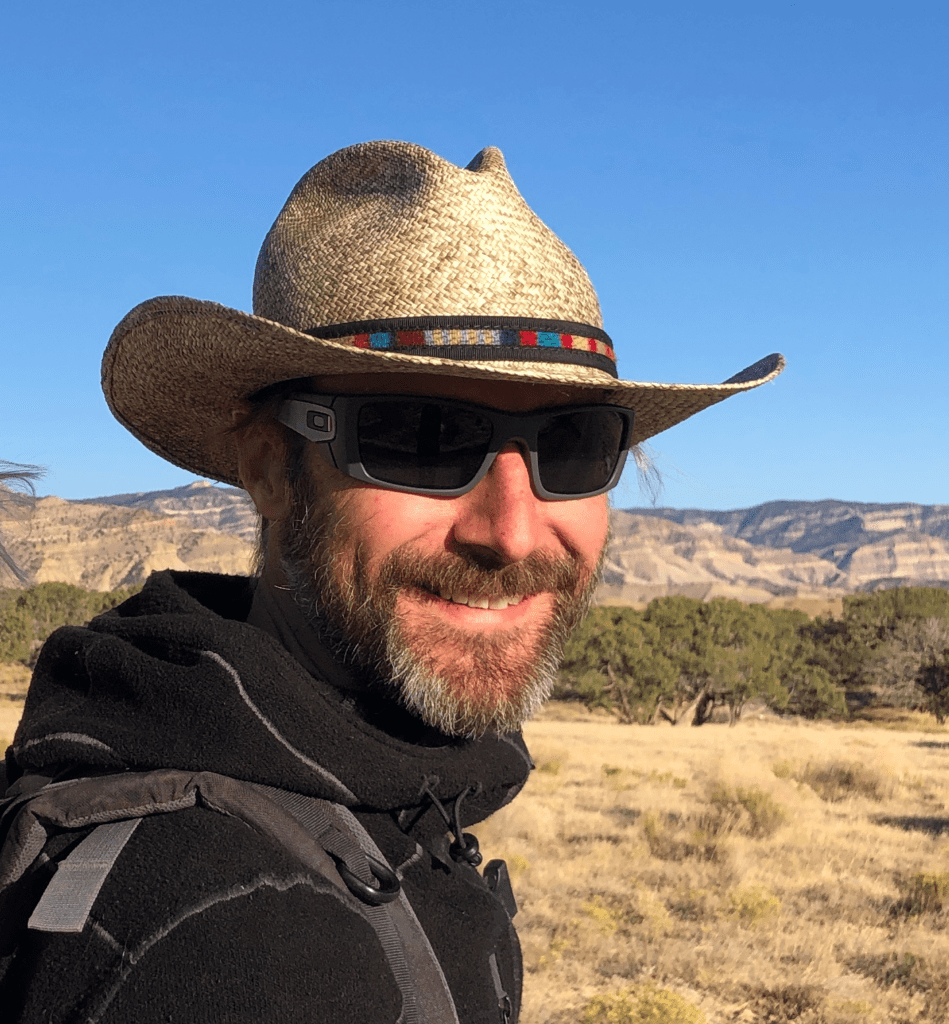One axiom that emerged amid the covid era in business is that the pandemic didn’t as much change trends as accelerate them. Studio Shed is a poster child for this truism because the company has exploited it with exemplary success.

Under co-founders Jeremy Nova and Mike Koenig, before covid the company experienced rising demand for its partially pre-manufactured outdoor-room enclosures. Remote and virtual work already were spreading, and prices for conventional residential construction were rising, before 2020, feeding Studio Shed’s growth to mid-market status a little more than a decade after its founding.
Then the coronavirus hit big, and millions of Americans sought new ways to live outdoors; also, last year, as they re-cocooned, flush with savings to upgrade or change their domiciles, many thousands of Americans ran into an unprecedented leap in housing prices. Studio Shed was there to help them out, with high-end structures that range from garden-shed sizes for about $35,000 to 700-square-foot backyard havens priced at as much as $150,000.
“Covid gave us a one-time bump in awareness and an acceleration,” Nova, who also is creative director of the company based in Boulder, Colorado, told Chief Executive. “The big shift in work-from-home was a component. And the need for something like an actual home-office space will remain a trend. There are huge lifestyle benefits of having an office space that’s detached from the home; we hear that from creative types. They have a focused space to do their work where they’re not exposed to the distractions of actually being in their home. Also, people who have spent more time in their homes than they ever have are seeing the need for hobbies and creative and contemplative spaces.”
The housing-price explosion continues to feed the side of Studio Shed’s business that provides “affordable dwelling units” (ADUs) that can be installed in a back yard to increase owners’ rental stock for Airbnb purposes, for instance, or be built in multiples to fit municipalities’ plans to boost affordable rental housing.
Nova and Koenig are former professional mountain bikers who initially put together small sheds for backyard storage of their multiple bikes. That led to a cottage business which then led to steady expansion pre-covid and stratospheric growth since then. Revenues now are tens of millions of dollars a year, and that’s even before Studio Shed’s upcoming push into more higher-end offerings.
Studio Sheds all start in the company’s manufacturing plant in Boulder, where about 40 employees assemble as much as 60% of the value of the ultimate unit. They put together wall sections there with many of the most important components, ranging from weather sheathing to windows, then the rest of the finished unit is put together by craftspeople at the customer site, who also create utility access and handle other aspects of finished construction.
“Our typical shipment out of the factory is two or three large pallets that can be shipped through regular freight-transport networks,” Nova explained.
The larger that Studio Shed’s ADUs grow, and the more structural options and amenities the company offers in them, the less of each of those particular units that is pre-fabricated in the factory. But Nova said the company has come up with a “sweet spot” that emphasizes doing as much work as possible in the factory even on these pricey units.
“We’ve done a tremendous amount of critical analysis on hybrid prefabrication,” Nova said. “Some [competitors] build full modules that have to be craned into a site, but that can cause problems with [municipal] building departments. We have honed in on some things that are really efficient to do in the factory that result in higher-quality products such as the panelization of walls and setting windows into them in the factory. It’s repeatable and scalable.”







